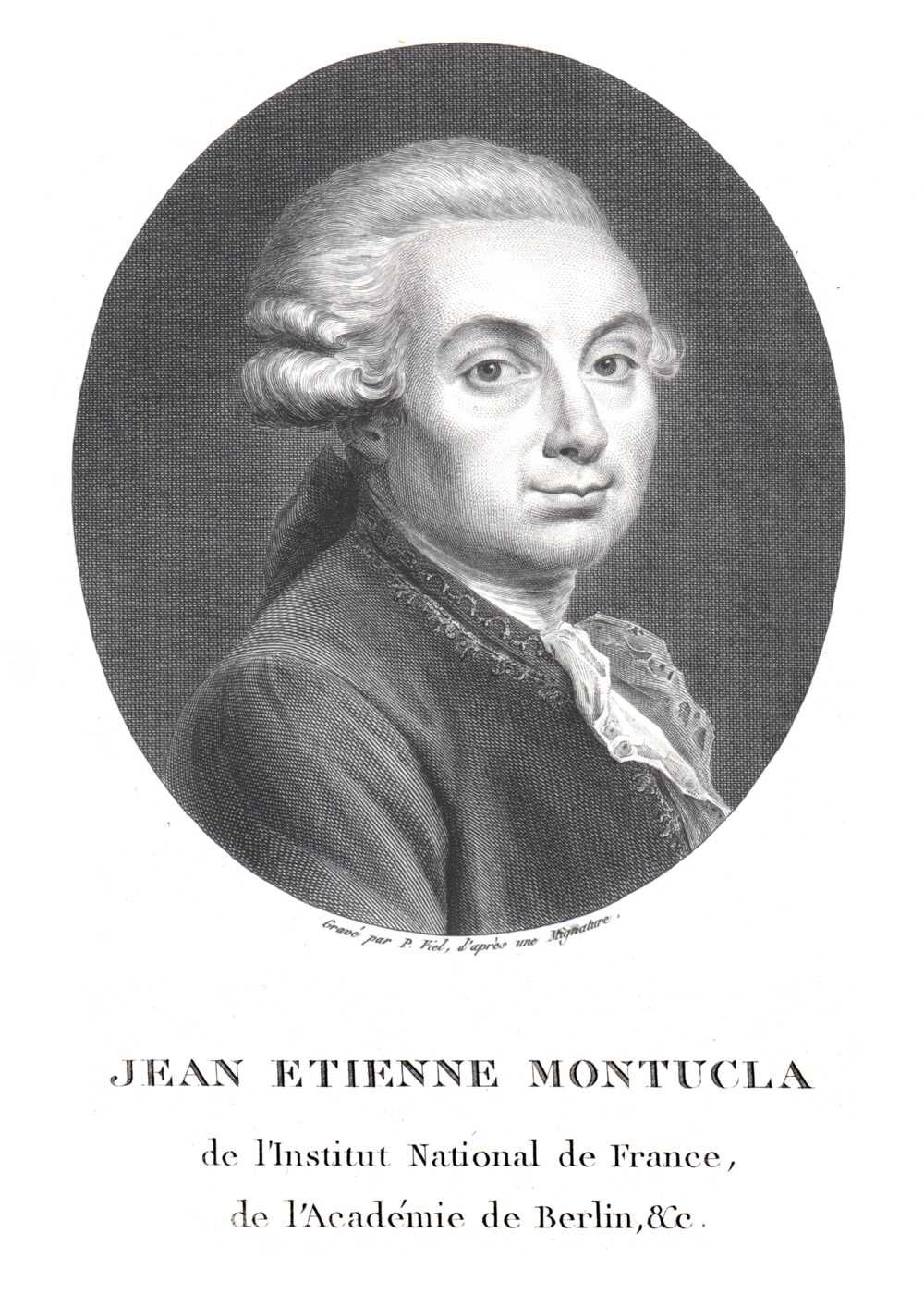Attributed to Montucla in Augustus De Morgan, A Budget of Paradoxes, (London, 1872), p. 96; Cited in: Robert Edouard Moritz. Memorabilia mathematica; or, The philomath's quotation-book, (1914) p. 366
About Gregory St. Vincent, described by De Morgan as "the greatest of circle-squarers, and his investigations led him into many truths: he found the property of the arc of the hyperbola which led to Napier's logarithms being called hyperbolic."
Jean-Étienne Montucla: Frases en inglés
This way of stating it will, no doubt, create a desire in most minds to discover the method of solving the problem; and however little taste people may possess for real science, they will be tempted to try iheir ingenuity in finding the answer to such a question at this.
Fuente: Preface to Recreations in Mathematics and Natural Philosophy. (1803), p. ii; As cited in: Tobias George Smollett. The Critical Review: Or, Annals of Literature http://books.google.com/books?id=T8APAAAAQAAJ&pg=PA410, Volume 38, (1803), p. 410
Fuente: Preface to Recreations in Mathematics and Natural Philosophy. (1803), p. vi; As cited in: Tobias George Smollett. The Critical Review: Or, Annals of Literature http://books.google.com/books?id=T8APAAAAQAAJ&pg=PA412, Volume 38, (1803), p. 412
